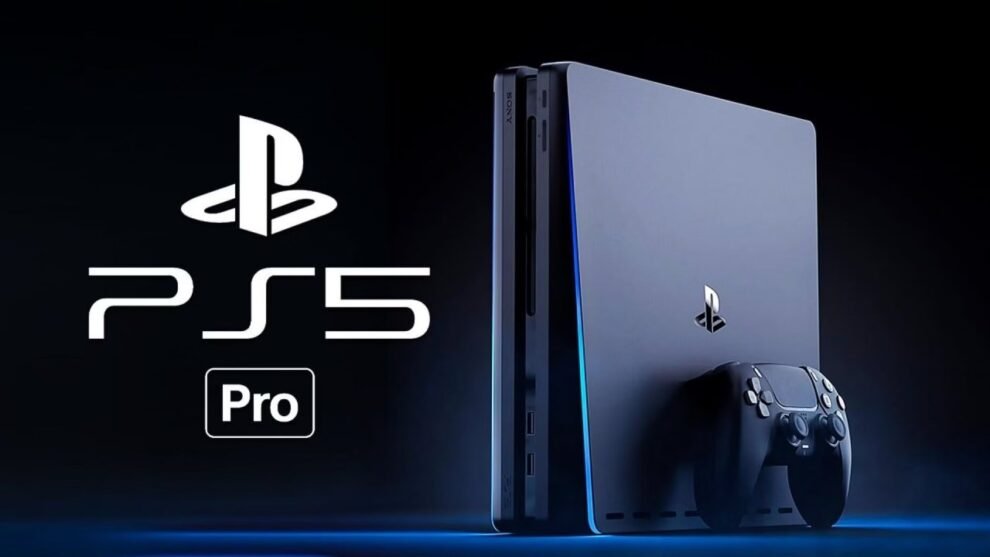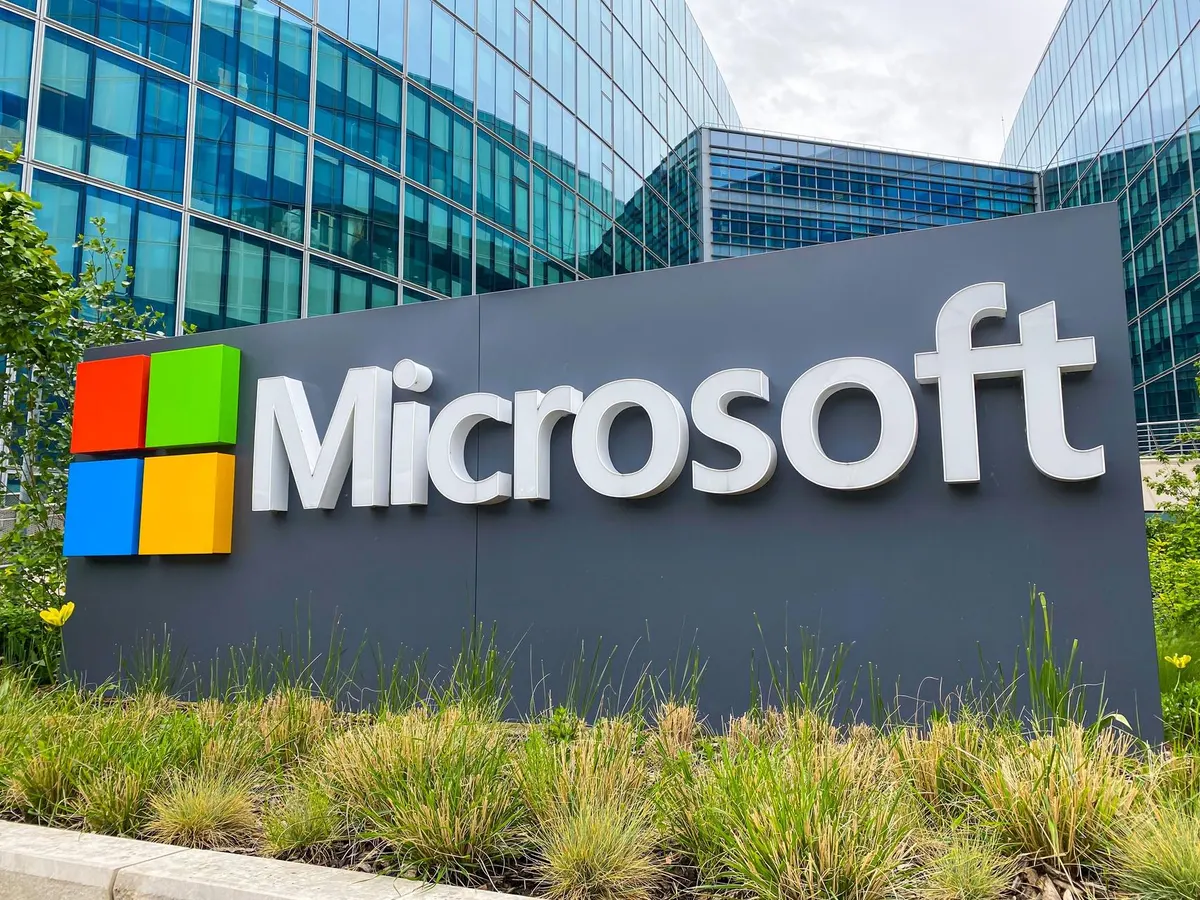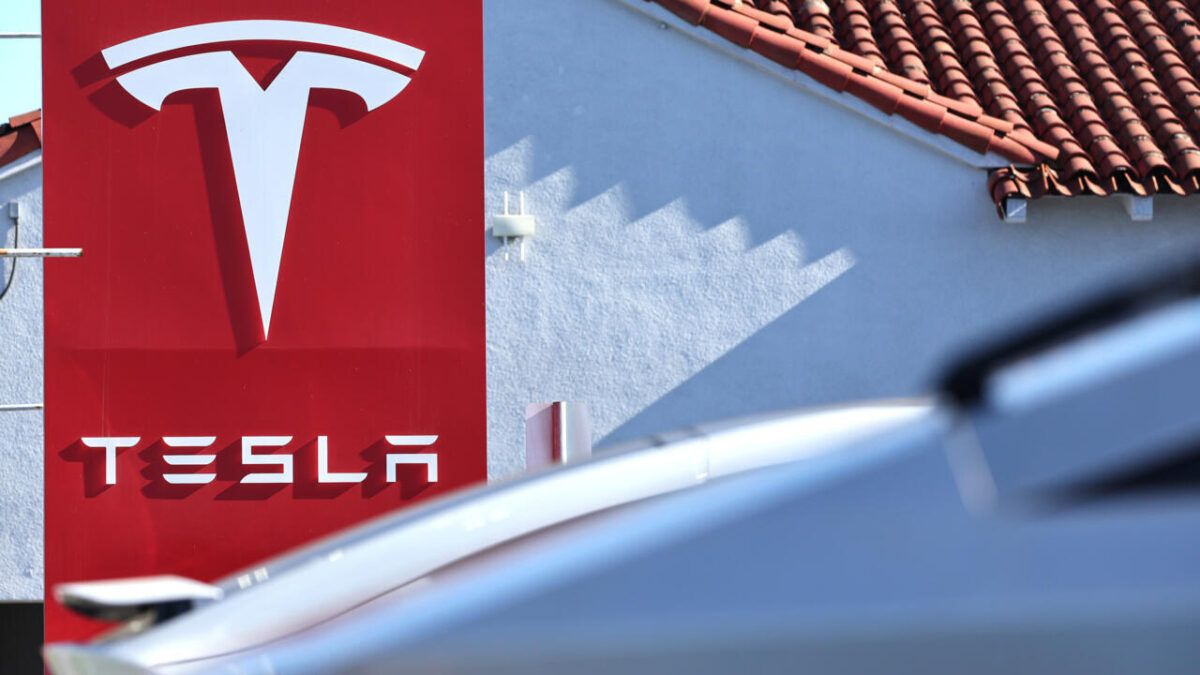Renowned tech analysis group Digital Foundry has weighed in on the recent leaks regarding a potential Sony PS5 Pro console. Their in-depth examination suggests the leaked specifications are accurate. While the updated console offers various improvements, experts highlight that it’s primarily a mid-generation upgrade rather than a revolutionary leap forward.
This announcement marks a significant moment in gaming hardware development, showcasing Sony’s commitment to pushing the boundaries of console gaming.
Key Highlights:
- Digital Foundry verifies the authenticity of leaked PS5 Pro specifications.
- The PS5 Pro boasts a more powerful CPU and GPU for enhanced performance.
- Sony’s custom upscaling technology aims to deliver near-native 4K visuals.
- The upgrade likely won’t offer dramatic changes to the core PS5 experience.
What Do the Leaks Reveal?
The PS5 Pro is expected to significantly outperform its predecessor, with a focus on smarter, more efficient operation rather than just a boost in raw hardware power. The leaked, and now verified, PS5 Pro specifications indicate the following upgrades over the base PS5 model:
- Machine Learning Upscaling: Sony reportedly developed its own upscaling solution, known as PlayStation Spectral Super Resolution (PSSR), for improved visuals.
- Upgraded Performance: Specialized hardware for accelerated ray tracing could offer 2x to 4x the capabilities of the current PS5, indicating substantial improvements in visual quality and gaming realism.
- Enhanced Specifications: Rumored specs include a new custom APU using TSMC’s 5/4nm process, an 8-core CPU based on the Zen 4 architecture, and an integrated GPU potentially based on RDNA 3 or 3.5 architecture. The GPU is expected to have 30 Workgroup Processors and 60 Compute Units, with 96 ROPs, offering 50% more than the base PS5. CPU and GPU clock speeds are anticipated to be higher, at 3.6GHz and 2.7GHz respectively.
- Memory and Storage: The PS5 Pro is rumored to come with 16GB of GDDR6 memory, boasting a speed increase to 18000MT/s and a memory bus running at 576 GB/s. This represents a significant 28% improvement over the standard PS5. Storage enhancements are also expected, with a focus on faster internal SSD solutions.
- Cooling Solutions: Given the increase in clock speeds and compute units, the PS5 Pro might feature an improved version of the liquid metal cooling system used in the current PS5, ensuring the console remains cool under heavy loads.
- 3D Audio and DualSense Controller: The PS5 Pro is likely to continue leveraging the 3D Tempest audio technology of the current generation. Additionally, rumors suggest a new ‘DualSense v2’ controller with improved battery life might accompany the PS5 Pro upon its release.
Here’s the technical breakdown:
| Specs | PS5 Pro | PS5 |
|---|---|---|
|
CPU Clock Speeds |
Eight core/16 Thread Zen 2 at 3.5GHz/3.85GHz |
Eight core/16 Thread Zen 2 at 3.5GHz |
|
GPU |
60 CUs, RNDA 3 (TBC) |
36 CUS, RDNA 2 |
|
Teraflops/GPU Clock Speed |
33.5TF/ 2.18GHz |
10.23TF/ 2.23GHz |
|
GDDR6 Memory |
16GB at 18Gbps |
16GB at 14Gbps |
|
Memory |
13.7GB |
12.5GB |
|
Bandwidth |
256-bit/576GB/s |
256-bit/448GB/s |
Digital Foundry’s Analysis
According to Digital Foundry, the most notable improvement in the PS5 Pro is the upscaling technology. It aims to deliver 4K-like visuals from lower resolutions, potentially making games look sharper and more detailed. However, the increase in CPU clock speed might not result in widespread 60fps performance for titles that are currently CPU-limited on PS5.
Also Read: PlayStation 5 Pro: A Closer Look at the Next-Gen Gaming Leap
Is the PS5 Pro a Major Upgrade?
Digital Foundry concludes that the PS5 Pro looks to be a solid mid-generation console refresh, offering improved performance and visuals. However, the PS5’s core architecture remains largely similar, suggesting limited transformative changes in terms of overall user experience.
As gamers eagerly await more concrete details and an official announcement from Sony, the PS5 Pro stands as a testament to the ongoing evolution of console gaming. With its anticipated release, Sony looks to set new benchmarks for performance, realism, and immersion in the gaming industry.










Add Comment